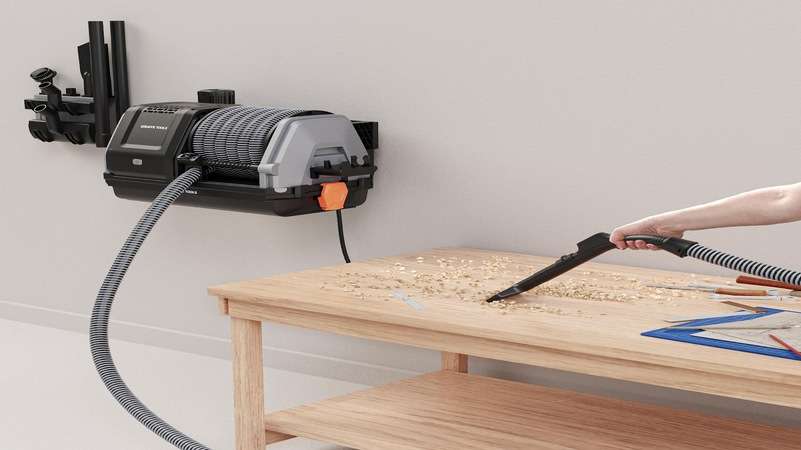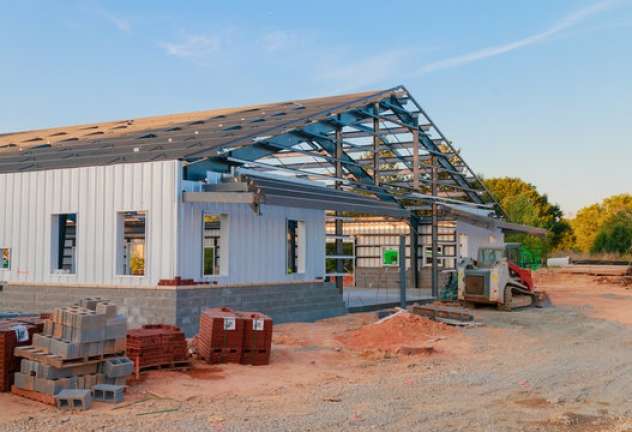If you’ve had a death in the family recently, you might suddenly find yourself in the role of executor of an estate. It’s a big job with a lot of responsibilities that can take months to complete. For instance, as an executor, you’ll be responsible for the administration and distribution of the deceased person’s estate.
But before that, a key part of the job is coming up with an inventory of the deceased’s assets; but it’s rare for even the closest relative to have complete knowledge and understanding of them all. It’s fairly common to have incomplete or inaccessible records, which is where probate discovery comes in.
Let’s look at what a probate estate is and answer the question of what is probate discovery.
Probate and the Process
Before being named an executor, you might not have known what a probate court is. But you’ll get quite familiar with it as the probate process can take as long as two years.
When a person dies, their estate goes through probate whether they left a will or not. The probate court’s job is to ensure that the will’s instructions are followed or that state law is applied correctly.
In some states, a probate proceeding can be required to verify the legal authority of the executor or the person named in the will to administer the estate of a deceased person.
However, dealing with probate can be complicated and time-consuming. Depending on some factors, including the size of the estate and the types of assets involved, it may take a long time to be completed. Hence, if you don’t want to carry the burden alone, you may hire an experienced probate lawyer to help you with the application and other related processes.
But even if you have a legal professional by your side, it’s still important to familiarize yourself with the process.
Generally, Probate begins when you file a petition to open it for an estate; and the first step is appointing the executor. Even if you’re named the executor in the will, the court has to officially appoint you before you can begin taking any action with the estate’s assets.
Identifying and locating all those assets is your biggest job. As the executor, you have a fiduciary duty to collect and protect assets for the benefit of the beneficiaries. You also have to uncover any debts the estate might have.
Read Also: Most Common Types of Conveyors
While a will might give you some direction, you will spend time going through documents and financial papers; as well as looking for hiding places in the home. It’s easy to miss assets when there’s no record of ownership, however. The decedent might not have known or remembered they owned something.
The executor has to file a complete inventory of assets with their value with the probate court. You have to be able to identify them to file them, which is where probate discovery comes in.
Once the court accepts the inventory, you can begin distribution of the assets and close probate.
Indeed, there are many steps to consider when you apply for a probate process. But despite the time-consuming procedure, this legal proceeding comes with several benefits. For example, applying for probate can help protect the decedent’s express wishes as to who will inherit the estate.
Furthermore, it can minimize the risk of conflict among family members because the deceased person’s wishes will be followed for the estate distribution. Lastly, a probate process may help limit the creditors’ claims against the estate with the intervention of the court.
What Is Probate Discovery?
Discovery is an asset investigation that takes the guesswork out of the probate process and provides you with supporting documents to present to the court. It looks for unknown or forgotten assets and those not disclosed in the will in addition to confirming the assets you do know about.
Assets can be bank accounts, real property, or even an ownership interest in a business. In addition to assets, a probate and estate discovery will give you information on credit activity, liens, bankruptcies, and other sources of potential debt or liabilities.
An asset investigator can do nationwide and global searches of public information sources like DMV records, property records, and business filings to identify assets. They also have access to private information and the means to uncover assets in brokerage accounts, overseas banks, and trusts.
Start Probate Discovery
As the executor of the estate, it’s your responsibility to inventory assets and provide a list to the court during probate. If you’ve taken on the job, you should now have a good answer to the question “what is probate discovery” and what it entails. Finding all the assets involves skills and tools a specialized investigator can deploy to get you an accurate asset picture.
If you found this article helpful, be sure to check out other articles on our site related to legal and financial matters.
















